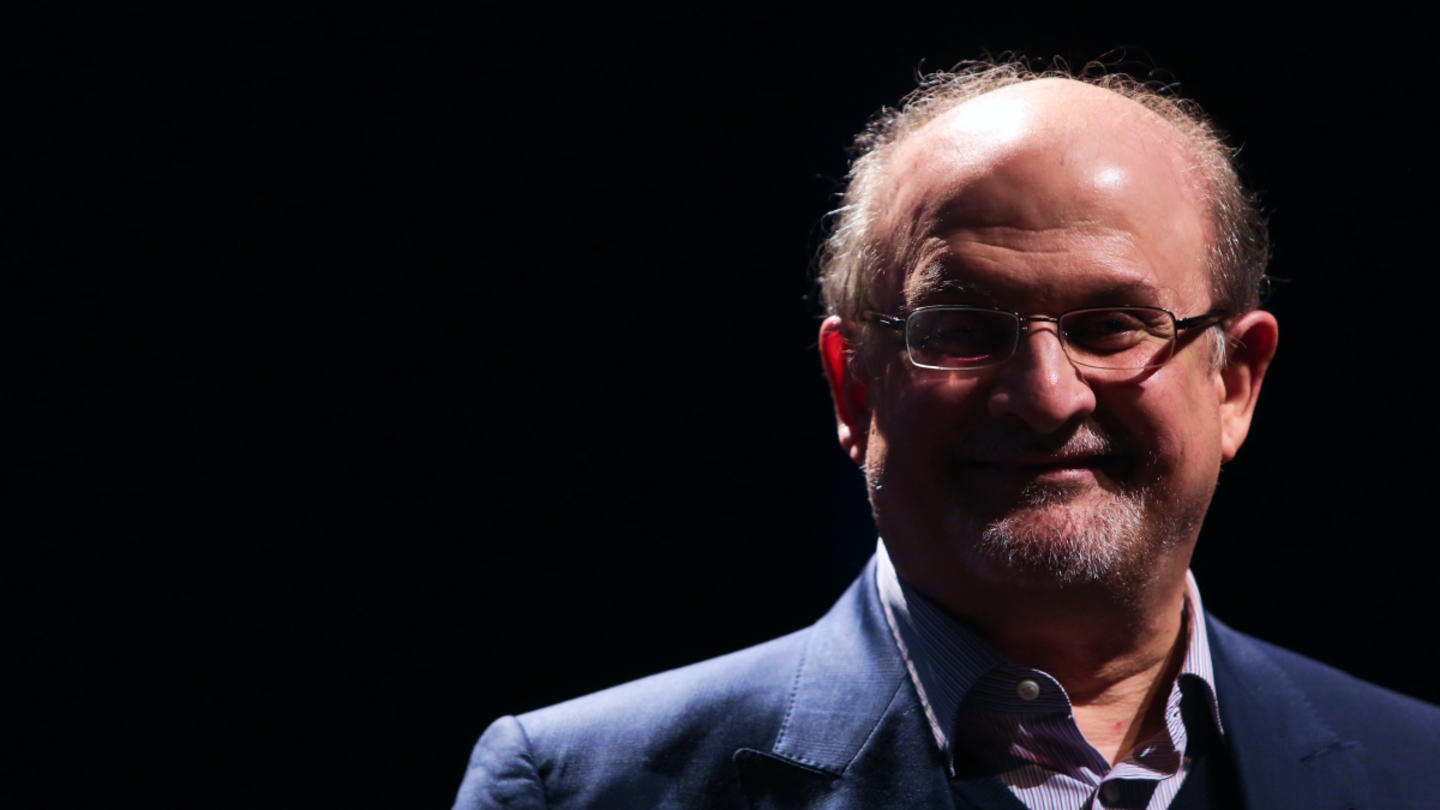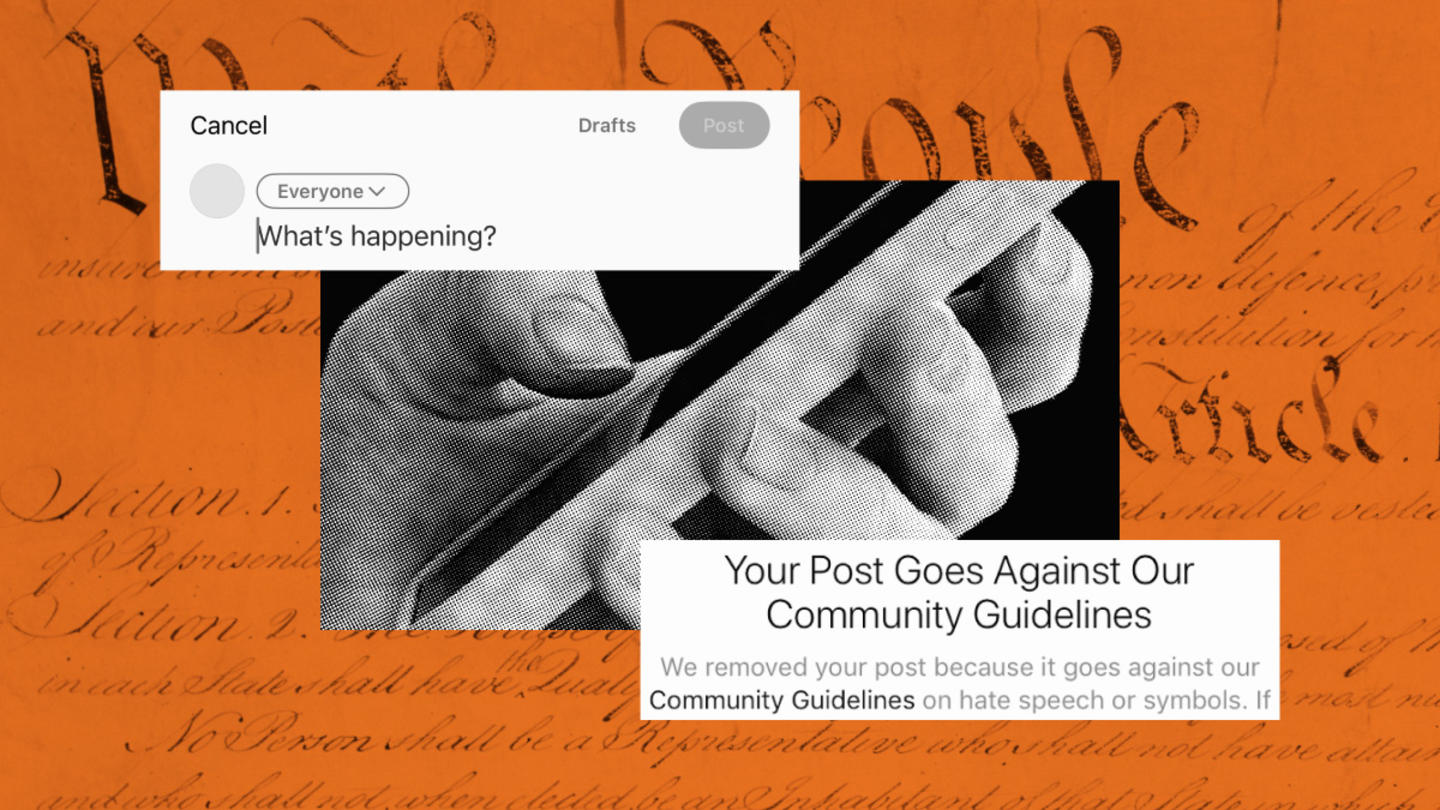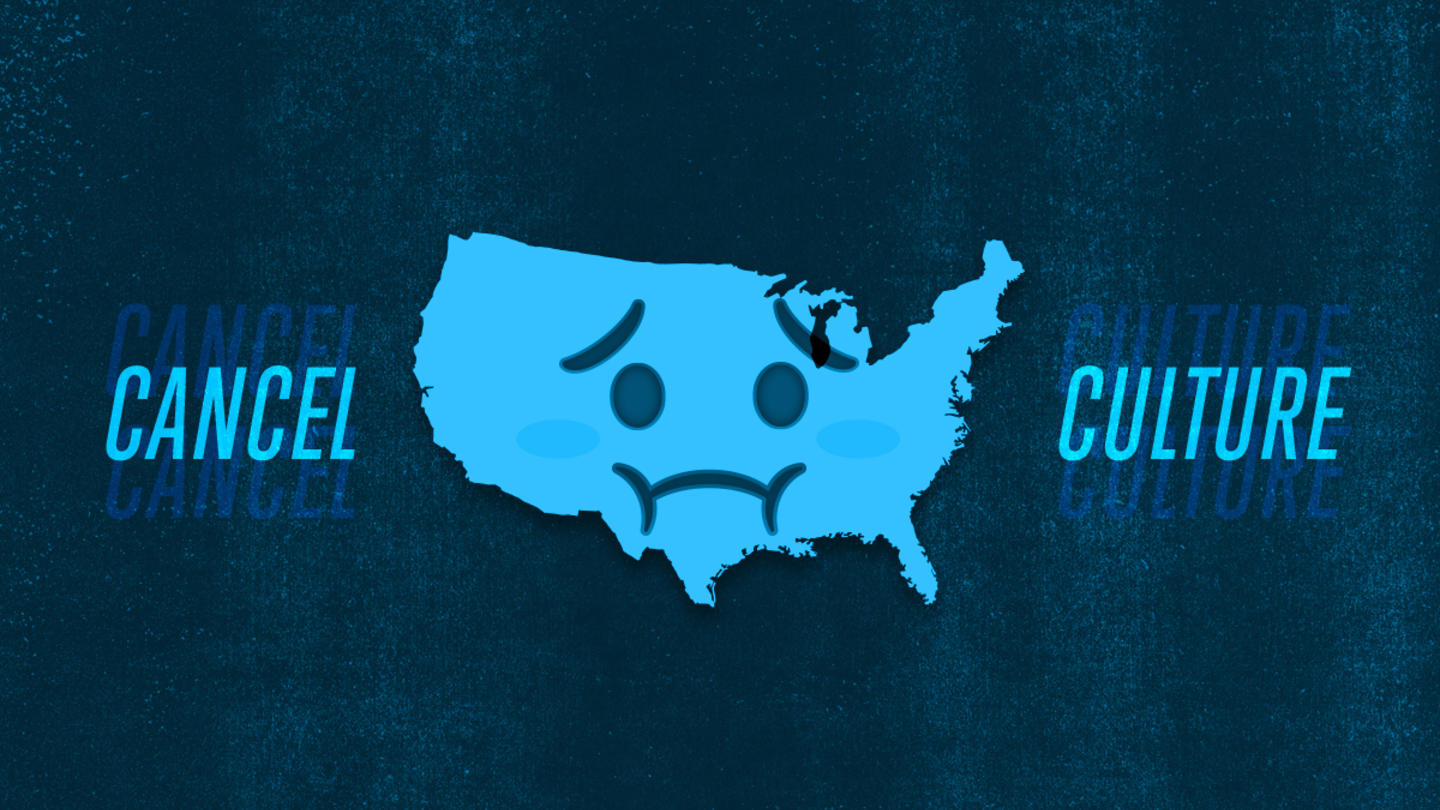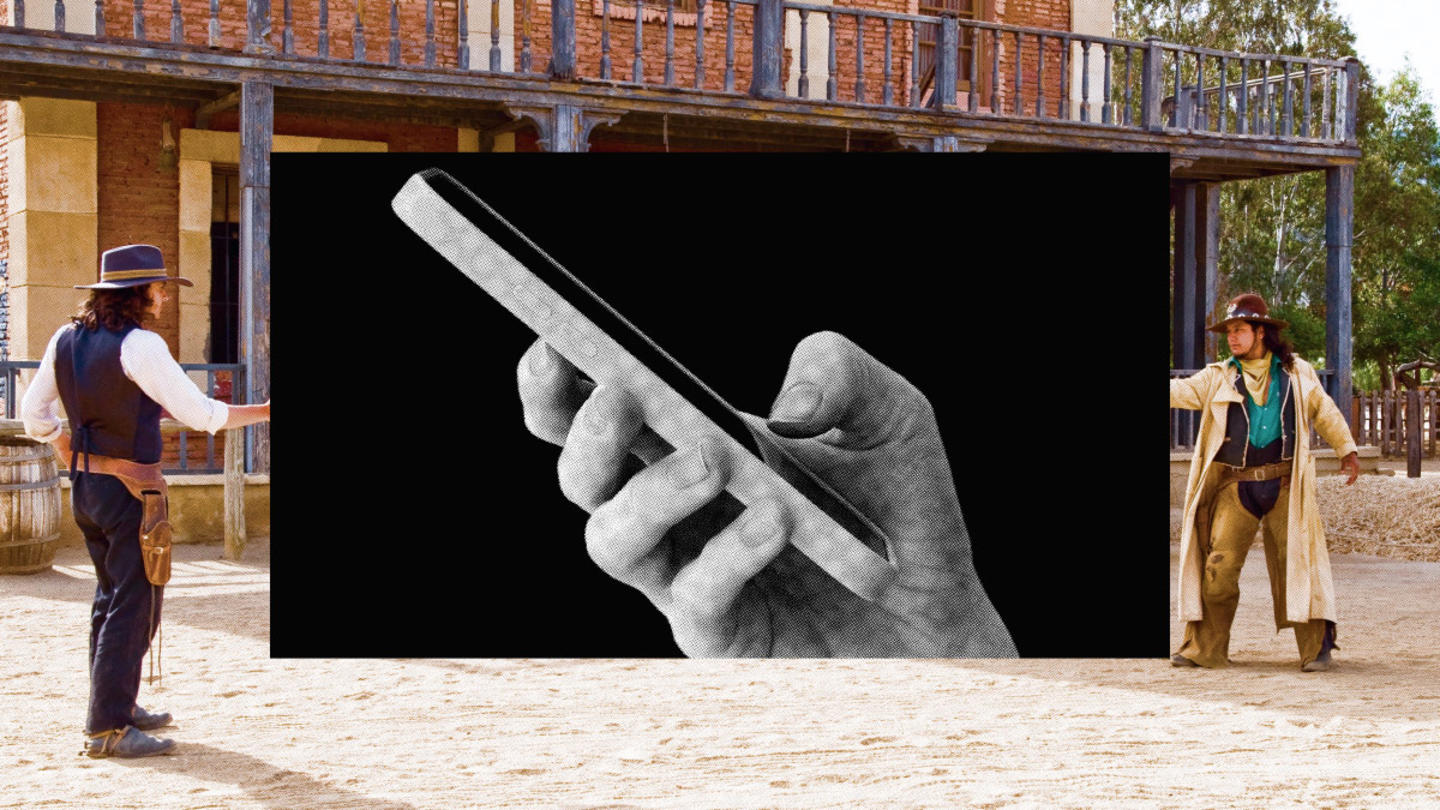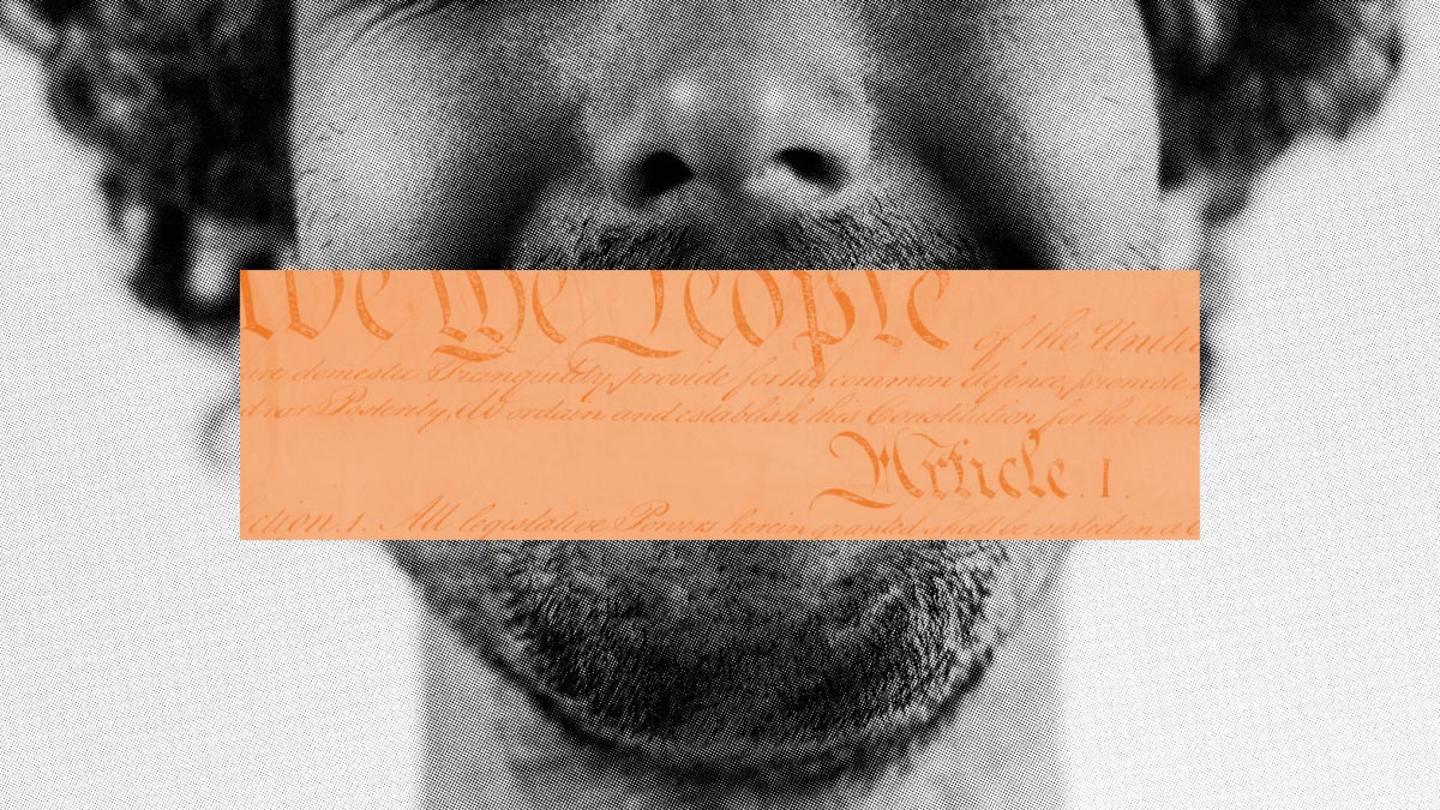This article was originally published by Stand Together Trust.
The attack on Salman Rushdie earlier this year in New York stunned free speech advocates around the world. Rushdie is a world-renowned author best known for his novel The Satanic Verses, which led to calls for Rushdie's murder in 1989 and sent him into hiding for nine years.
Though under threat, he lived and worked safely until the recent stabbing, which took place as Rushdie was taking the stage at a literature event to give a speech. The violent incident puts into sharp focus the increasing inclination to equate ideas to violence—and in doing so to justify responding to those who hold differing opinions with physical attacks.
Yet, the hatred and danger the fatwa against Rushdie brought upon him also inspired others to work to change the tone of the discourse. For Rushdie and others, the rising, toxic divisiveness in our nation was a call to found Narrative 4 in 2012.
Narrative 4, a Stand Together community partner, is a classroom program that invites students to grow in empathy for others' experiences and opinions through the power of storytelling. According to researchers from the University of Chicago, Narrative 4's story exchange methodology uniquely draws on a combination of cognitive (awareness of another person's internal emotions) and affective (appreciation of another person's experiences) empathies. Their study determined that students showed a significant increase in empathy – 36 percent of a standard deviation – immediately after an exchange, and many maintained heightened levels of empathy a full 10 days later. It's not just students who can grow in empathy through story exchanges.
The story of Rushdie's attack and the life-altering injuries he sustained prompted a worldwide discussion about why learning to listen to and understand perspectives different than your own is critical to building communities of respect and belonging for each person.
Writing for the Irish Independent, Narrative 4 president Colum McCann explains:
Whether you like The Satanic Verses or not, is not the actual question. The ability to think about it, as a work of art, and as a provocation, is far more instructive to the human spirit than denying its ability to exist. It is true that we should not willfully offend people, groups or religions. (It is my opinion that Rushdie did not willfully offend, and he was far more interested in the idea of creative criticism). But it is also true that we should not invoke censorship to appease a minority who want to patrol the boundaries of their own self-appointed worlds.
It's a messy business. It's complicated. It's difficult. But, in the Spinozan spirit, all things excellent are as difficult as they are rare.
One of the things that Salman Rushdie has always called for is the ability to think concretely and sympathetically, contrapuntally, about others. We must understand the lives beyond our own. Open the curtains. Unlock the coordinates. This happens not only at the level of civil society, but in art and in journalism and at home, and perhaps most importantly in our school classrooms.
What it comes down to is that we must speak to one another, learn about one another, try out each other's lives for size. We don't have to love each other. We don't even have to like each other. But we do have to understand one another.
Narrative 4 is a leader in the movement to build those bridges of empathy between people in our diverse society and help people come together to solve the biggest challenges we face.
As Zack Huffman, Director of Courageous Collaborations for Stand Together Trust has said, "Practicing diversity well starts with having the moral courage to check our own egos at the door. It's about appreciating the knowledge, experiences, and viewpoints of the person sitting across from us. If we actually listen, we'll likely learn something new."
Narrative 4 is supported by Stand Together Trust, which provides funding and strategic capabilities to innovators, scholars, and social entrepreneurs to develop new and better ways to tackle America’s biggest problems.
Learn more about Stand Together’s free speech efforts and explore ways you can partner with us.
